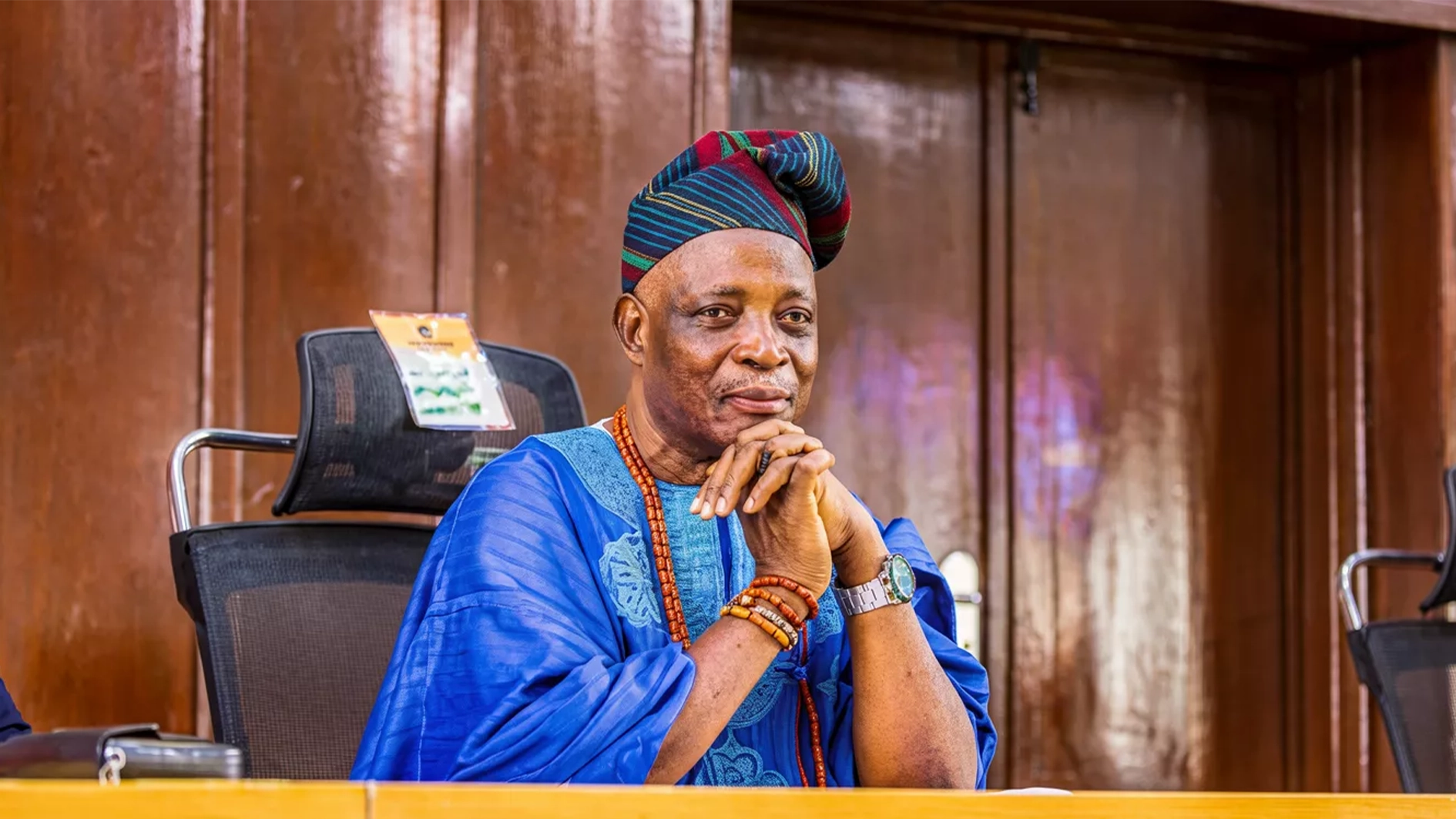The United Nations Office on Drugs and Crime (UNODC) has reaffirmed its commitment to supporting Nigeria in strengthening its legal and institutional frameworks to effectively combat the growing threat of cybercrime through the full implementation of the UN Convention Against Cybercrime.
Country Representative of UNODC, Cheikh Toure, made this known at a technical meeting on improving Nigeria’s legal framework for cybercrime, held with members of the Senate Committee on Information Communication Technology (ICT) and Cybercrime in Abuja.
Toure emphasised the need for global collaboration in the fight against cyber threats.
“Cybercrime knows no borders. Its evolving nature requires collective vigilance and coordinated action,” he said.
He added that with the UN Convention Against Cybercrime opening for signature in Hanoi on October 24, UNODC stands ready to support Nigeria with legal advisory, technical assistance, public sensitisation, and capacity building.
Toure commended Nigeria’s active role in shaping the newly adopted Convention, describing it as a historic milestone in global efforts to combat cyber threats.
“This Convention is the first truly global instrument to comprehensively address both traditional and emerging cyber-enabled crimes. Nigeria’s active participation reflects its strong commitment to international cooperation and modern legal standards,” he said.
Chairman of the Senate Committee on ICT and Cybercrime, Senator Shuaib Salisu, also highlighted the urgency of reviewing Nigeria’s laws in light of emerging technologies such as Artificial Intelligence and the provisions of the new Convention.
“We must re-examine our laws and incorporate global best practices without compromising our national values. The recent passage of the National Digital Economy and E-Government Bill in both chambers of the National Assembly is a clear step in the right direction,” Salisu stated.
Representing the Attorney General of the Federation, Abubakar Babandodo, Director of Public Prosecution at the Federal Ministry of Justice, described cybercrime as a multidimensional threat to Nigeria’s development and national security.
“Cybercrime is not just a legal issue. It’s a national challenge, a developmental concern, and a human security threat,” he said, reaffirming Nigeria’s commitment to developing a responsive legal framework that respects rights while addressing emerging threats.
The Nigeria Police Force National Cybercrime Centre reported major strides in enforcement, with Director Uche Ifeanyi Henry disclosing over 700 arrests and the recovery of more than ₦8 billion in stolen funds over the past year.
“In collaboration with INTERPOL, we shut down over 4,000 malicious domains and arrested 113 foreign nationals for cyber fraud,” Henry said.
He added that current efforts are focusing on public awareness, digital literacy, and cyber hygiene to mitigate human error, which he noted accounts for over 95% of breaches globally.
The meeting convened lawmakers, law enforcement agencies, international organisations, and civil society representatives, offering a platform to align Nigeria’s cybercrime legislation with global standards.
It also emphasised the need for a multi-stakeholder approach to drive legal reform, increase public awareness, and foster innovation, ensuring that technology becomes a tool for progress rather than exploitation.






